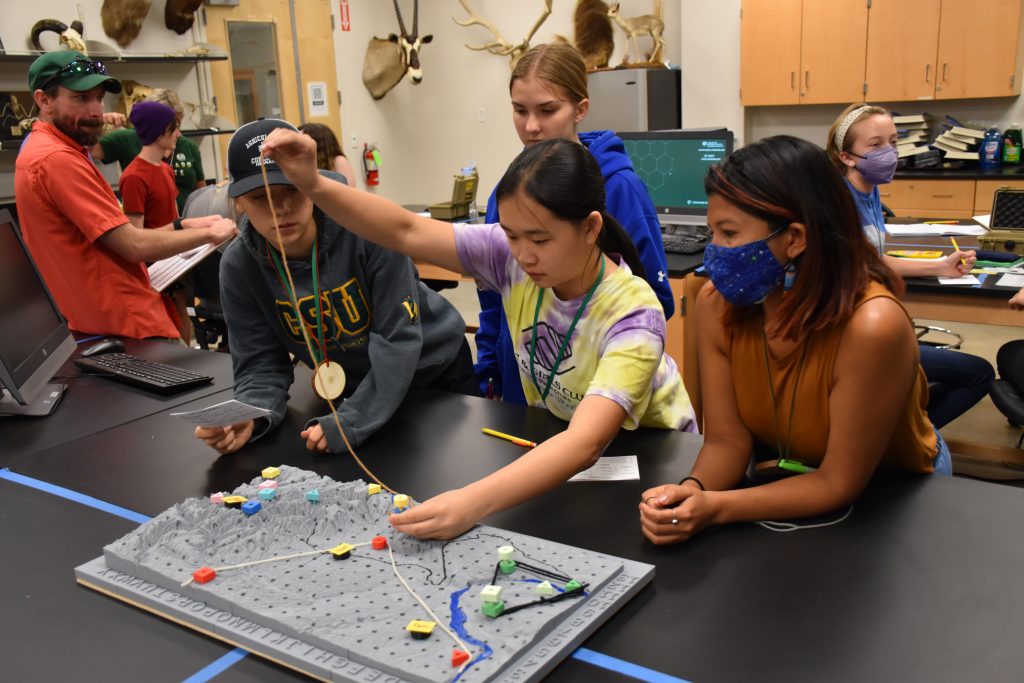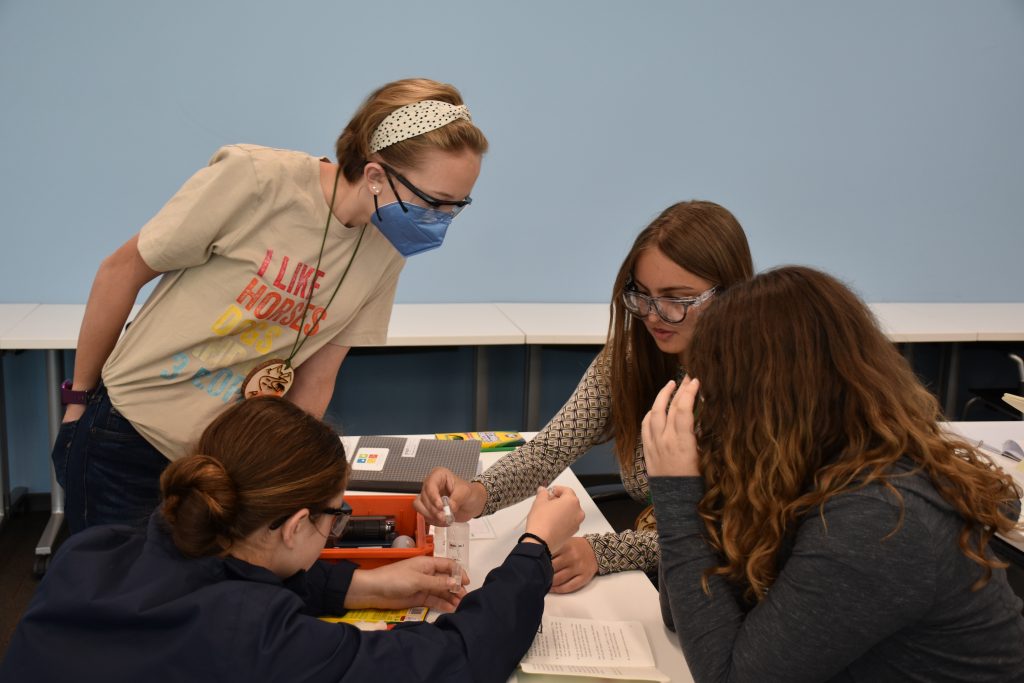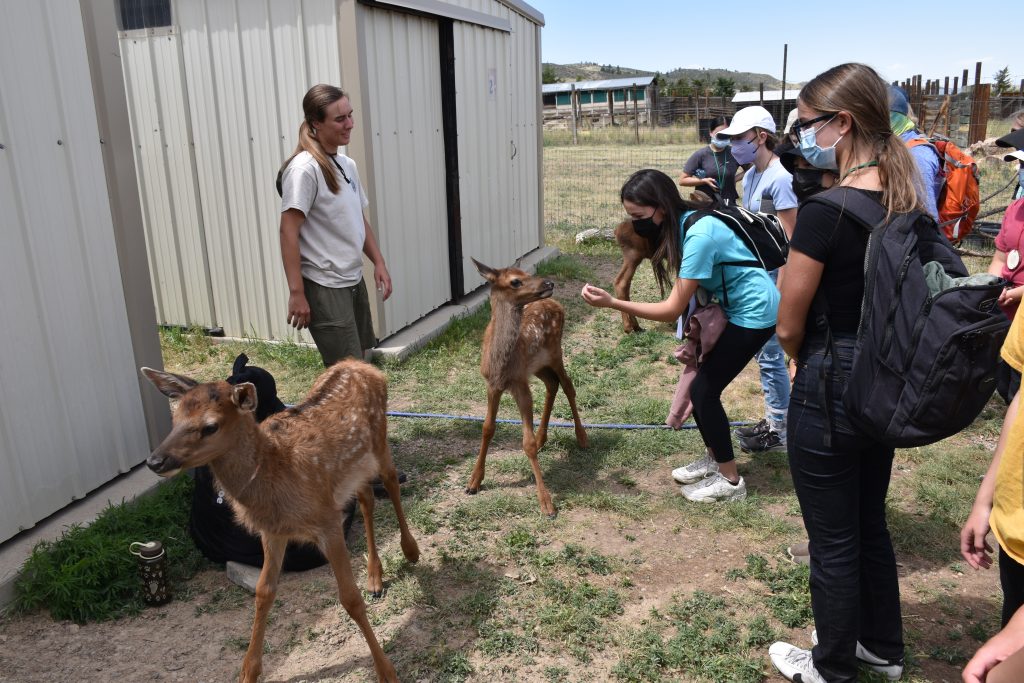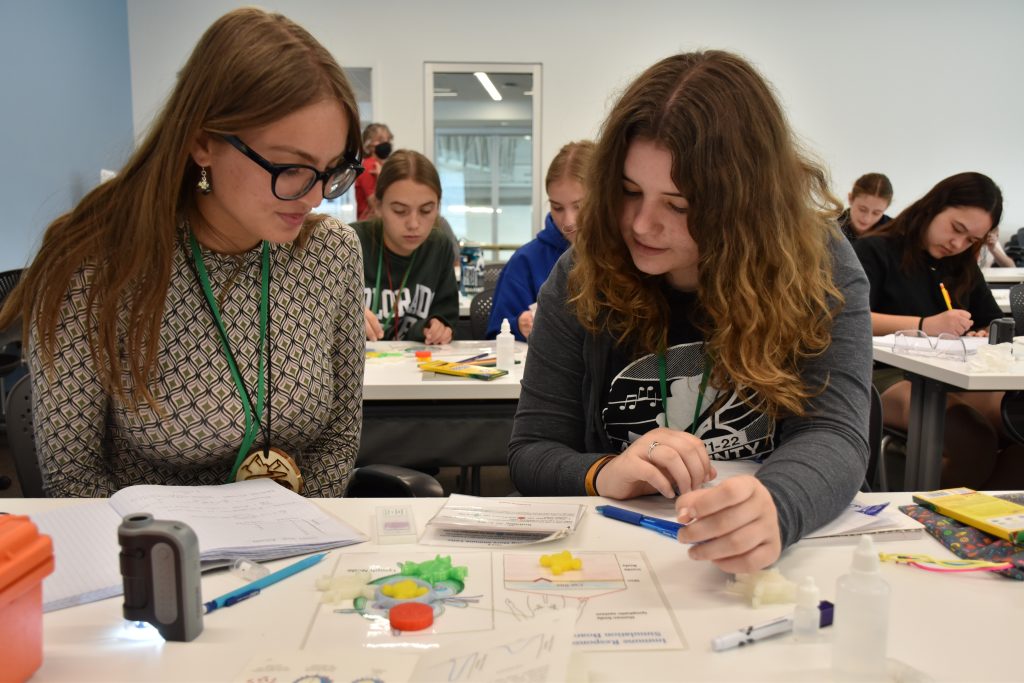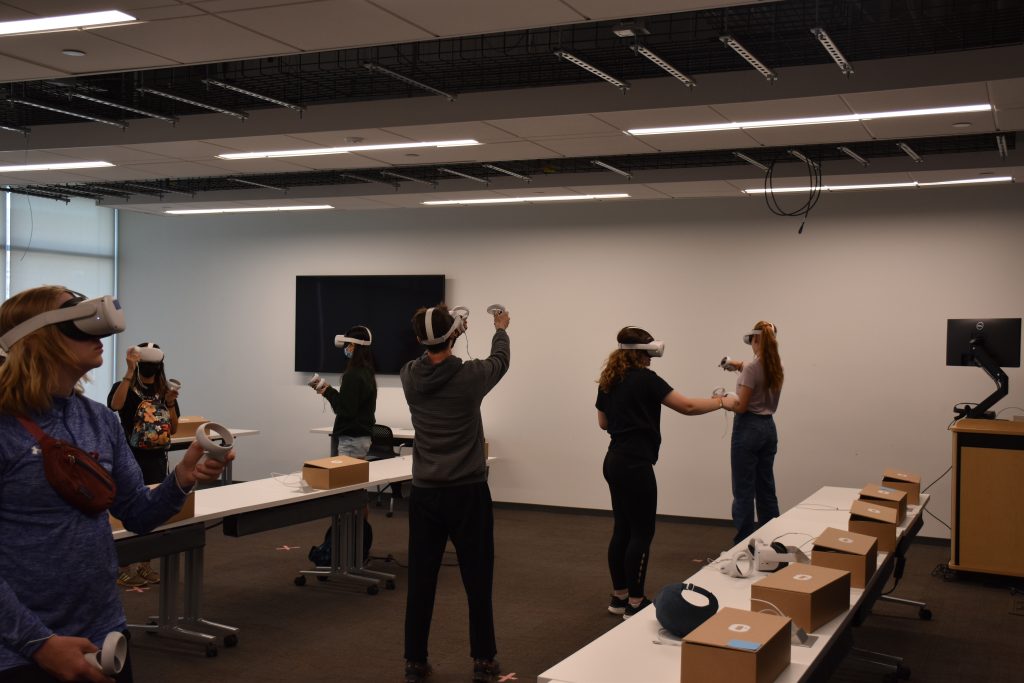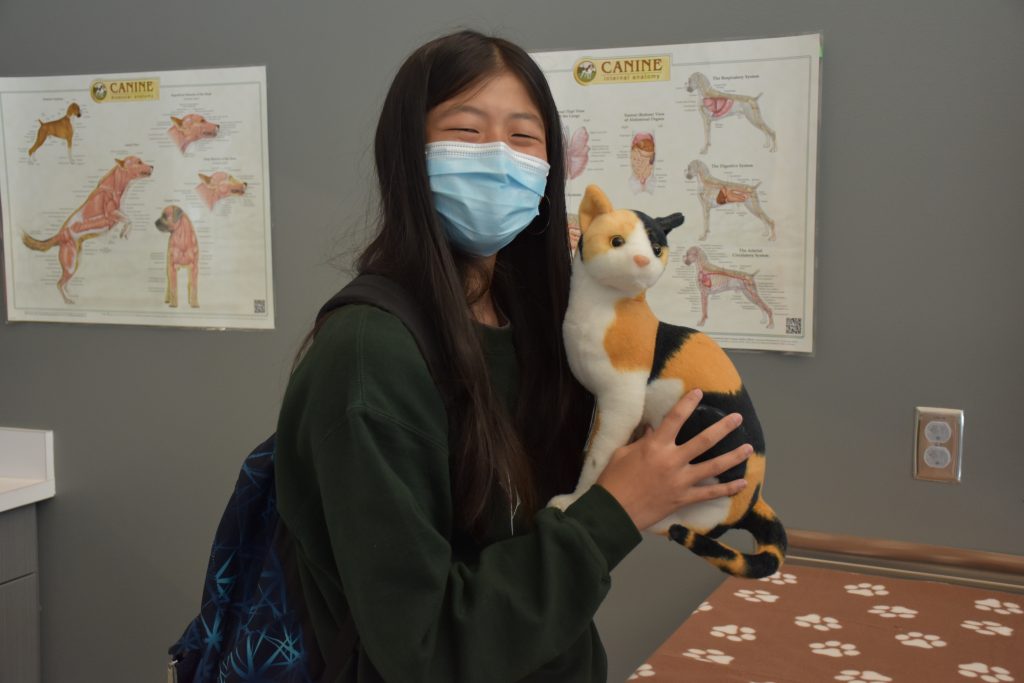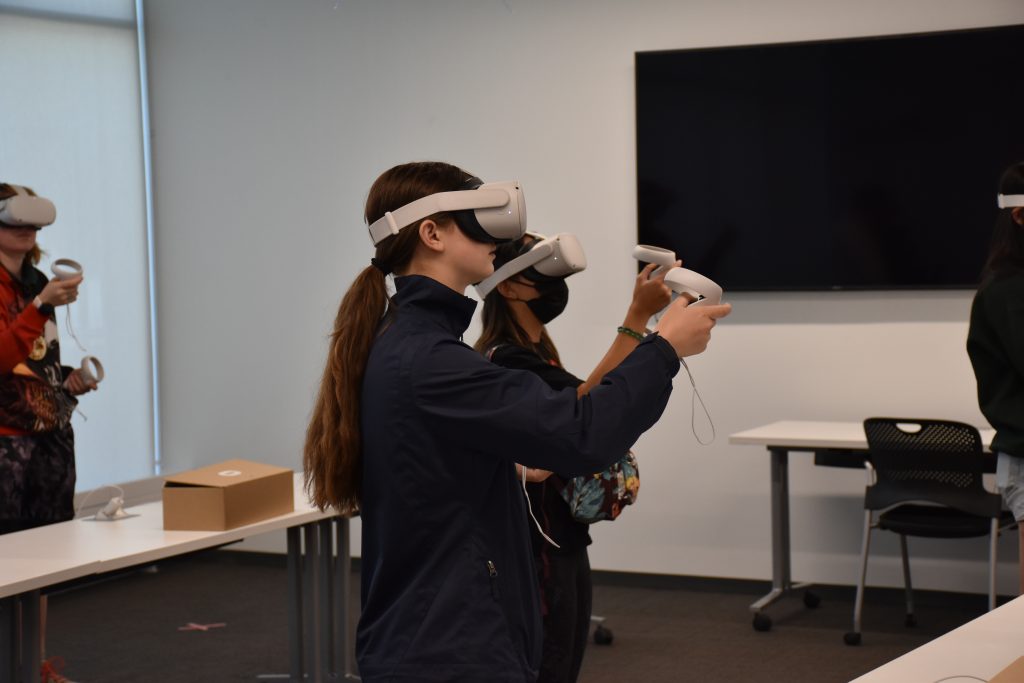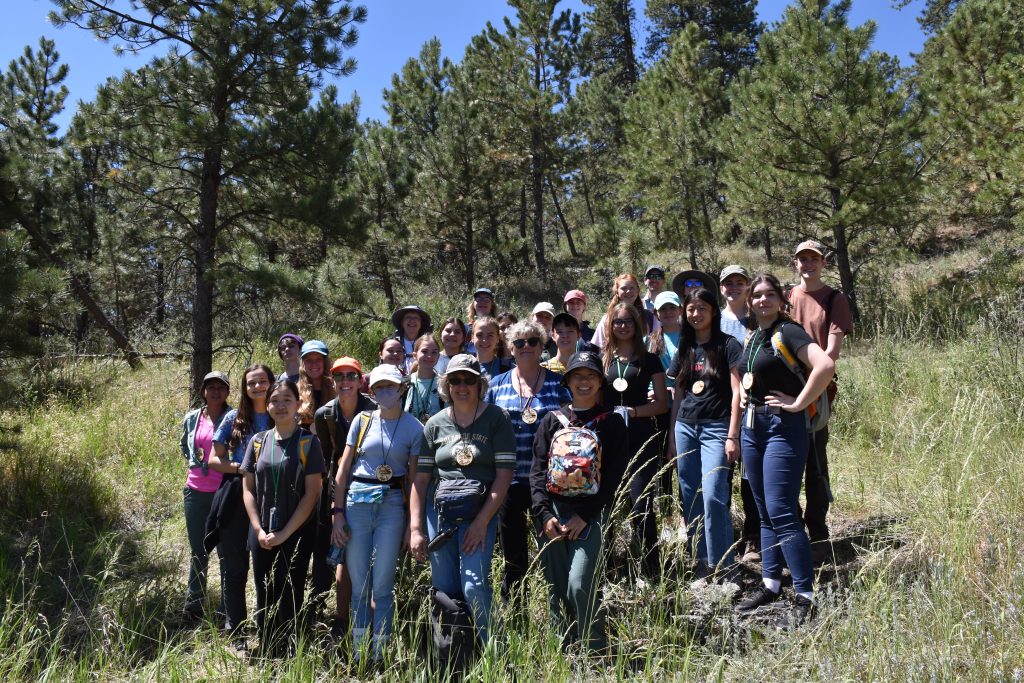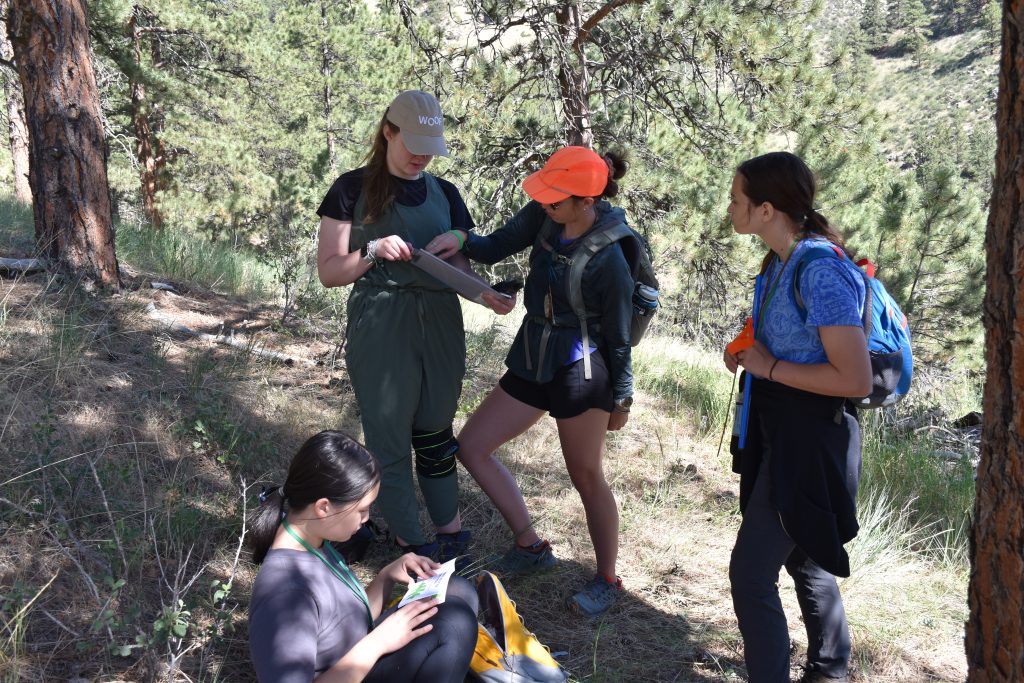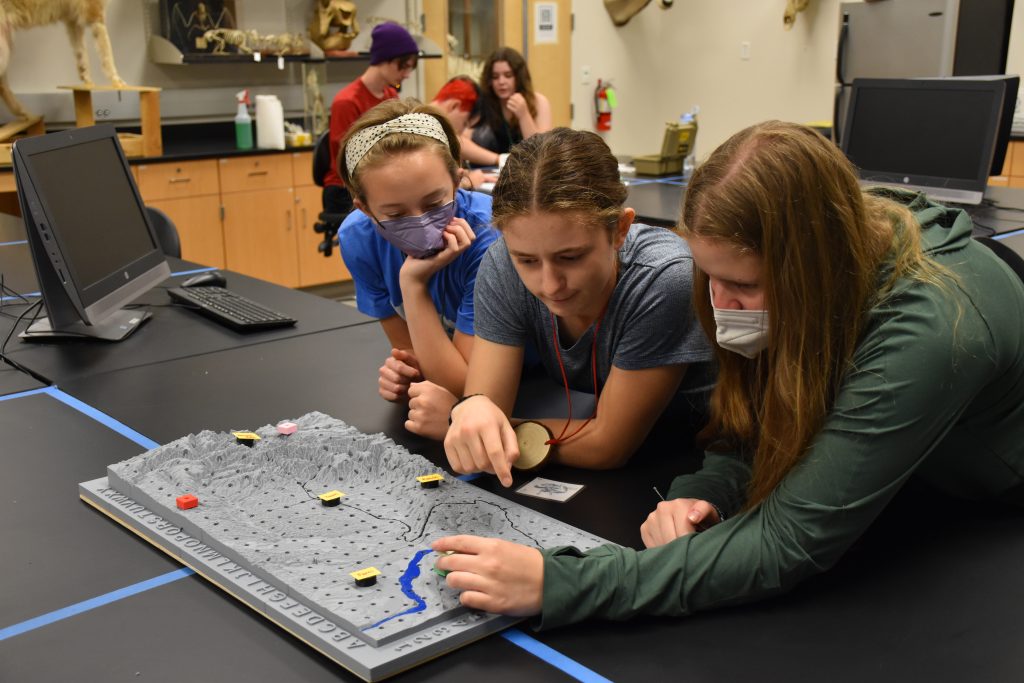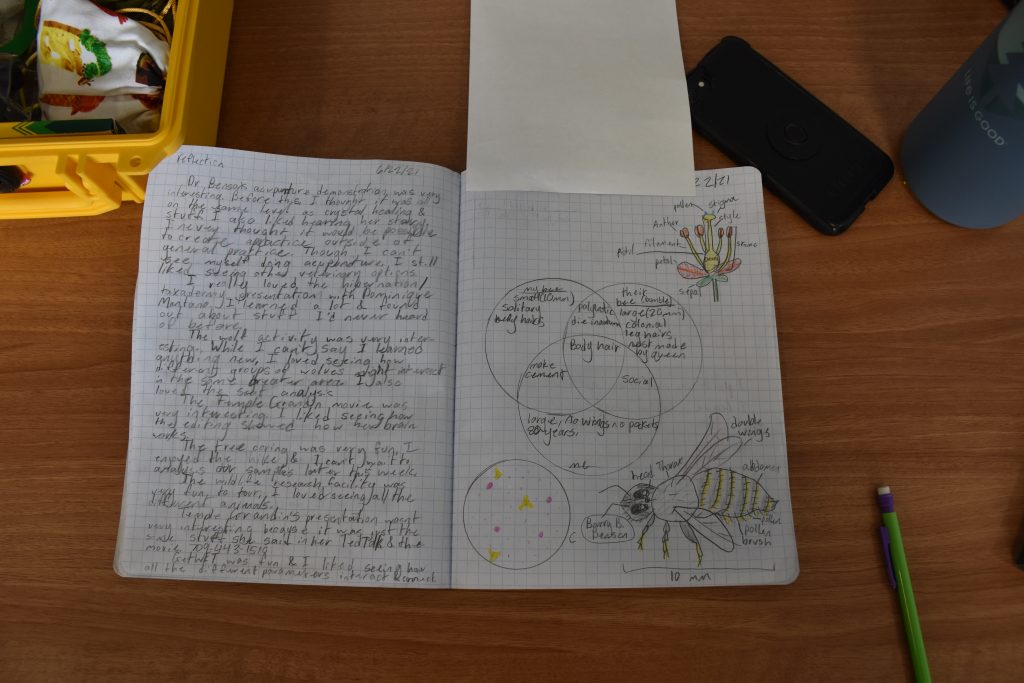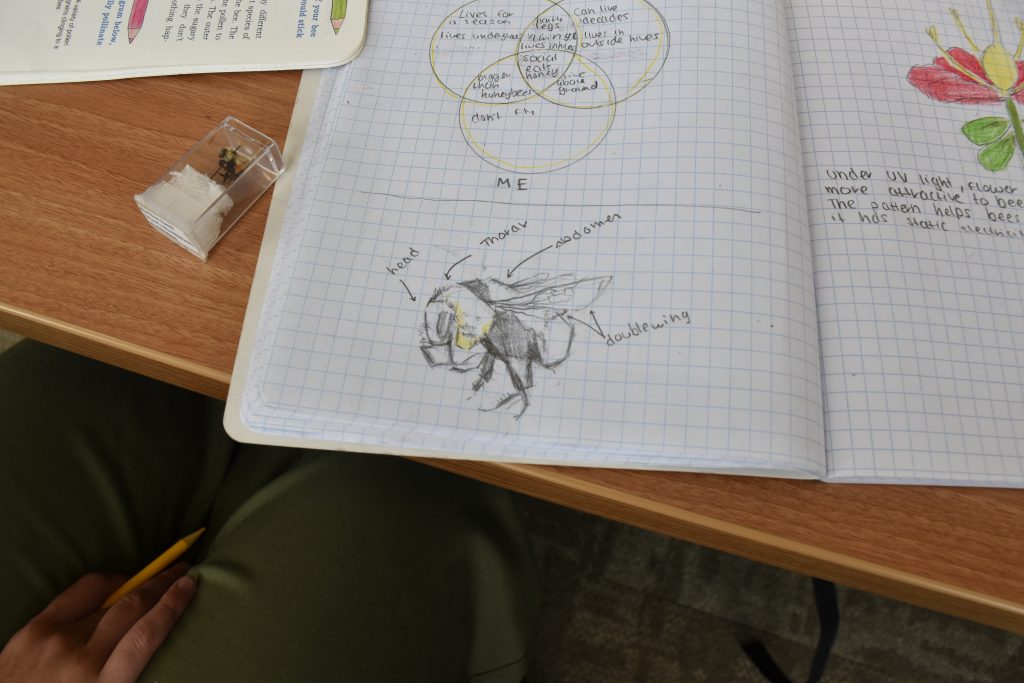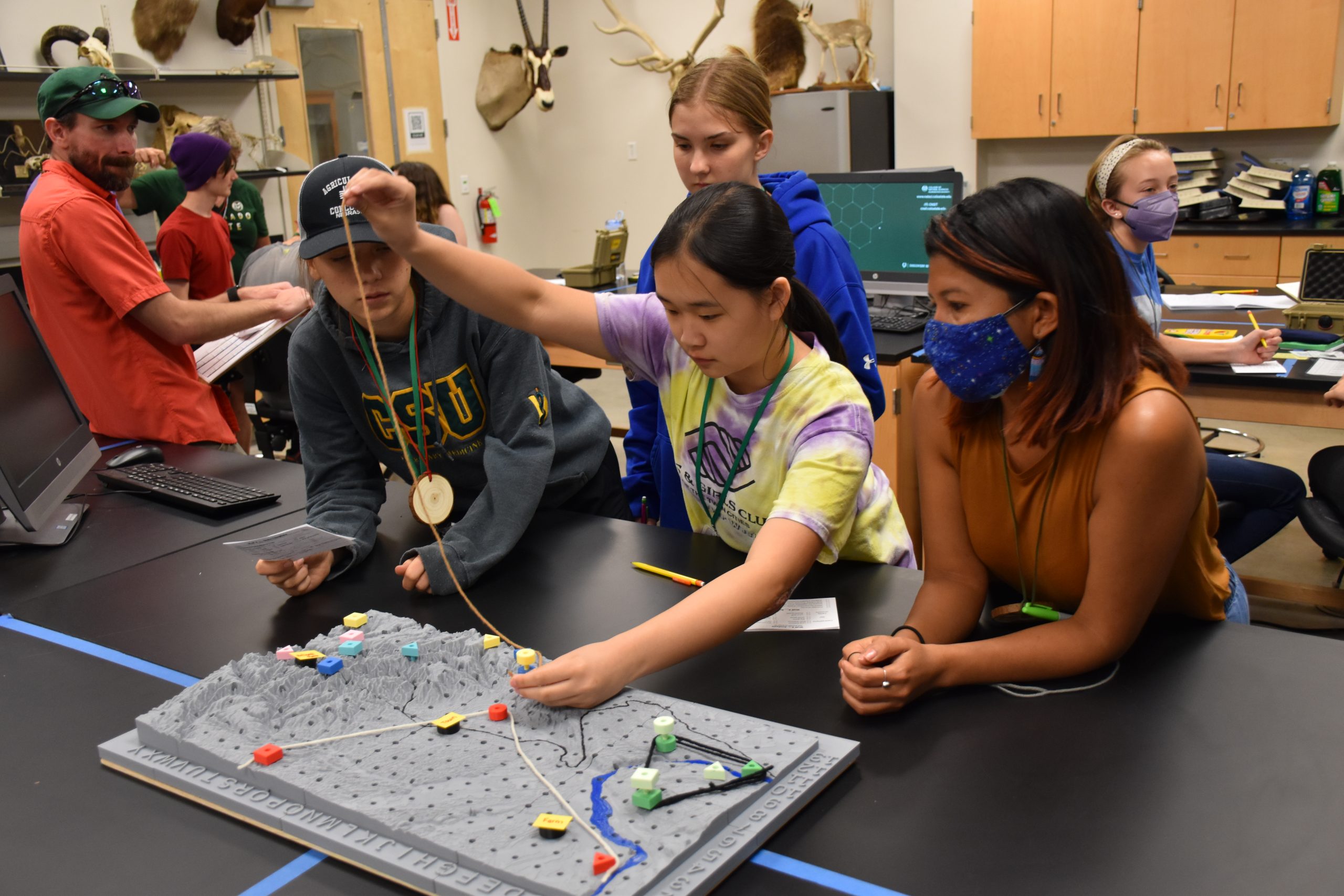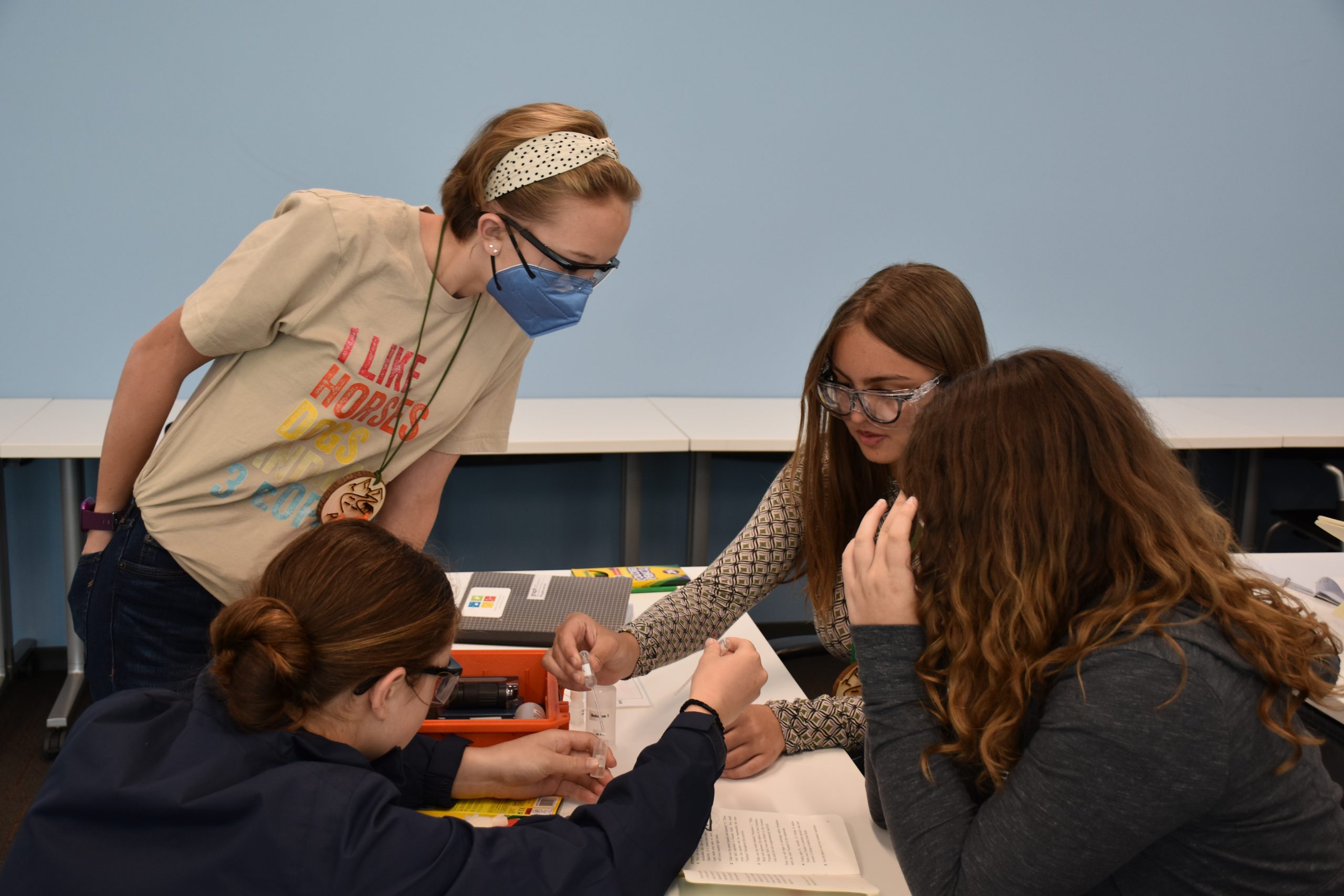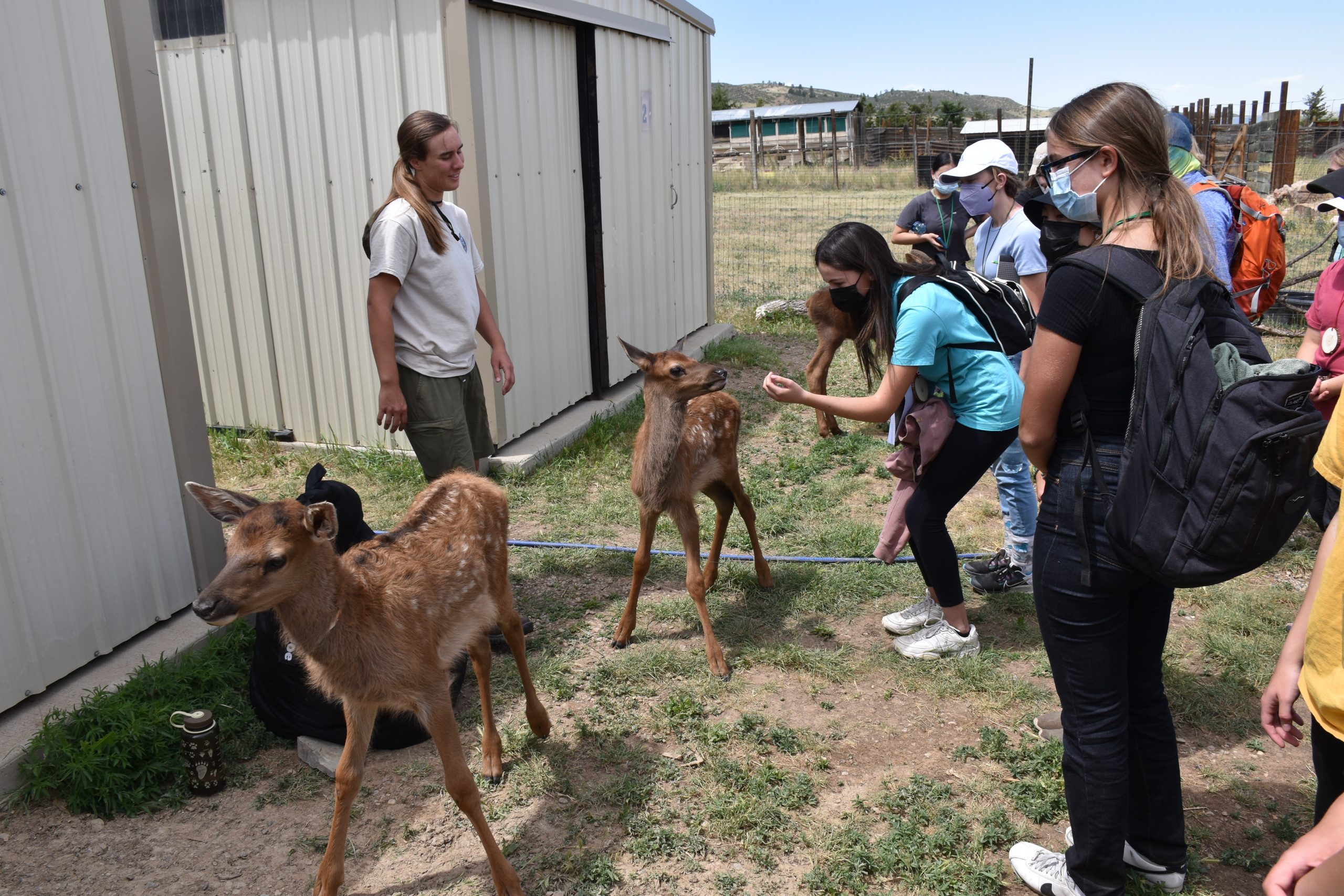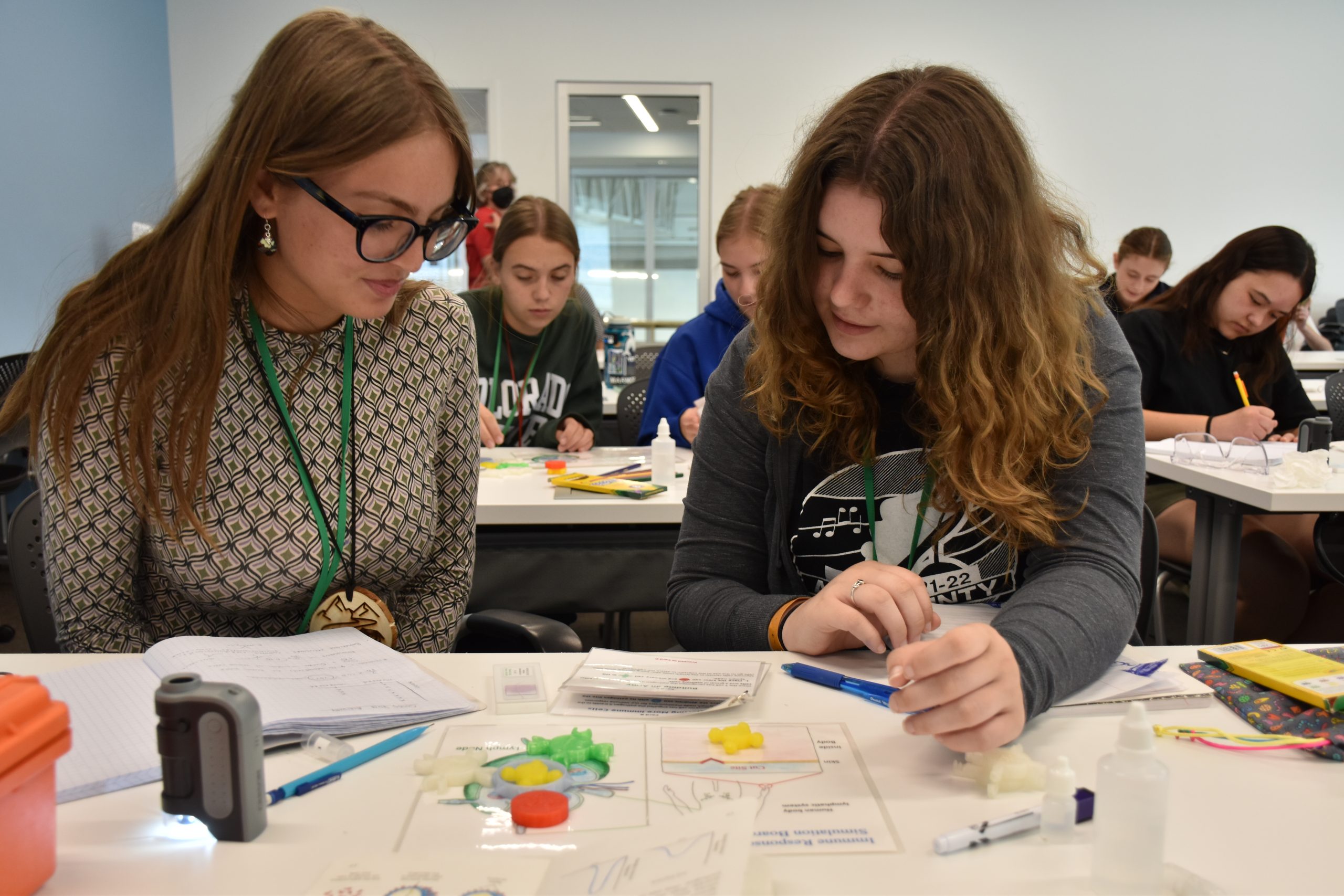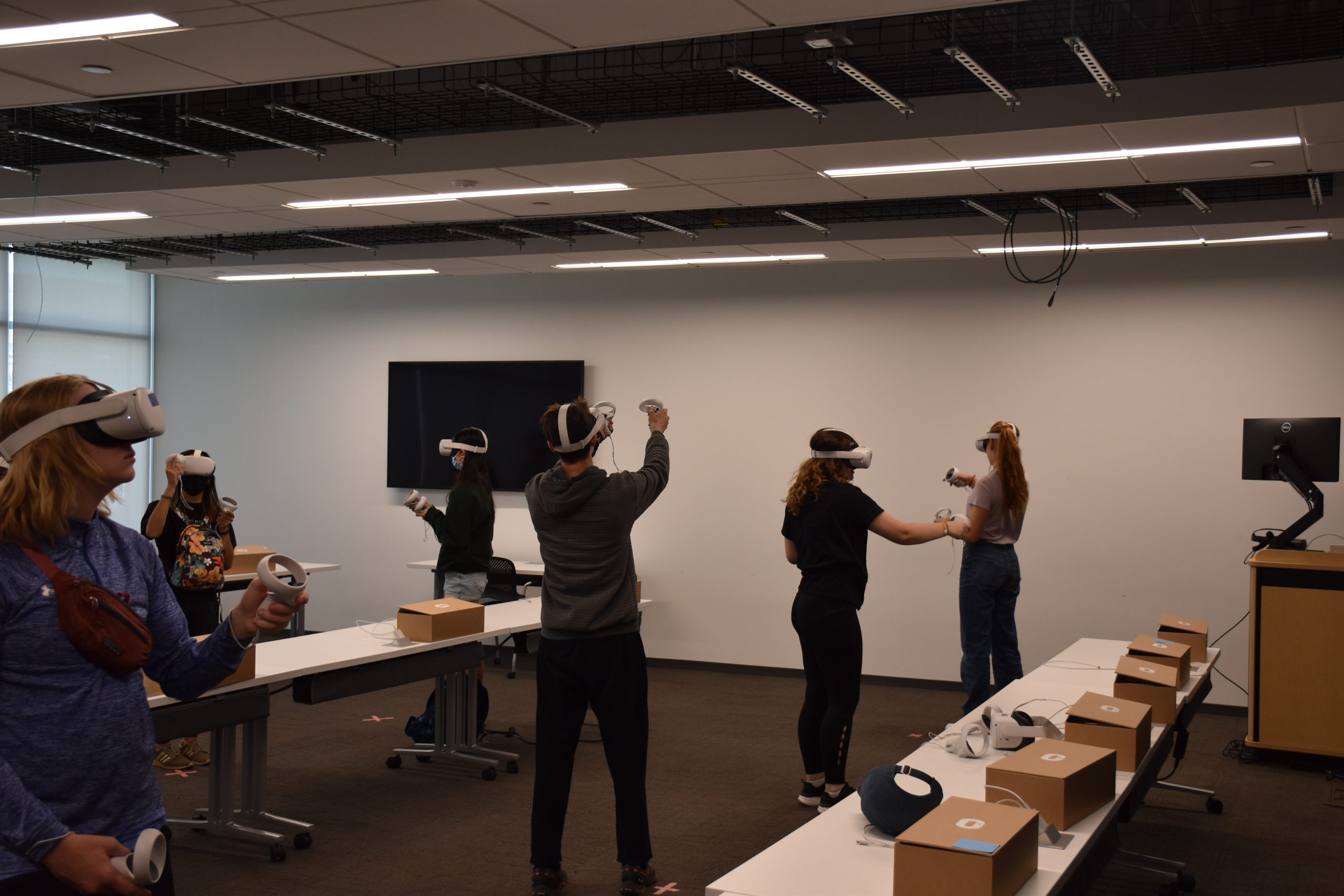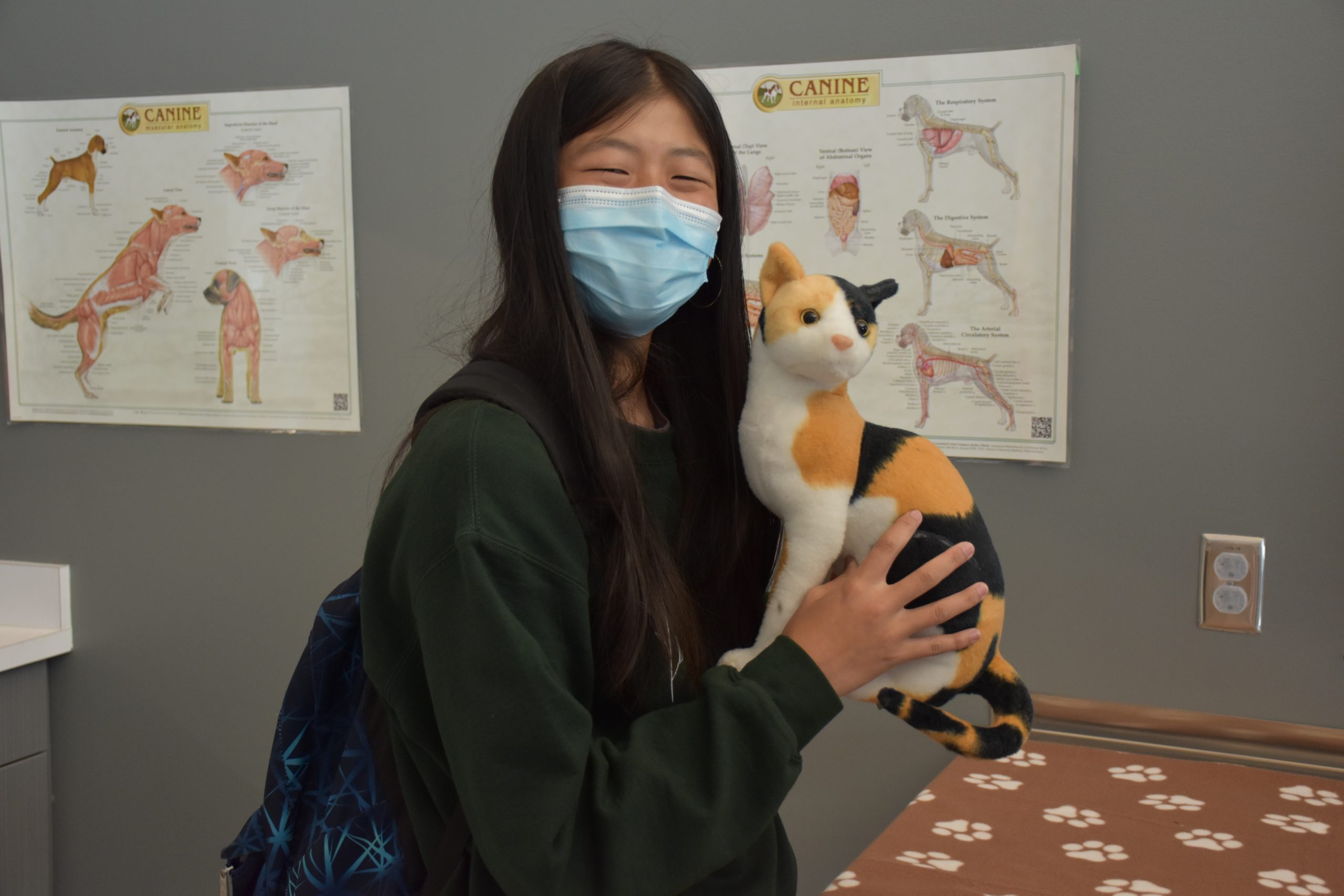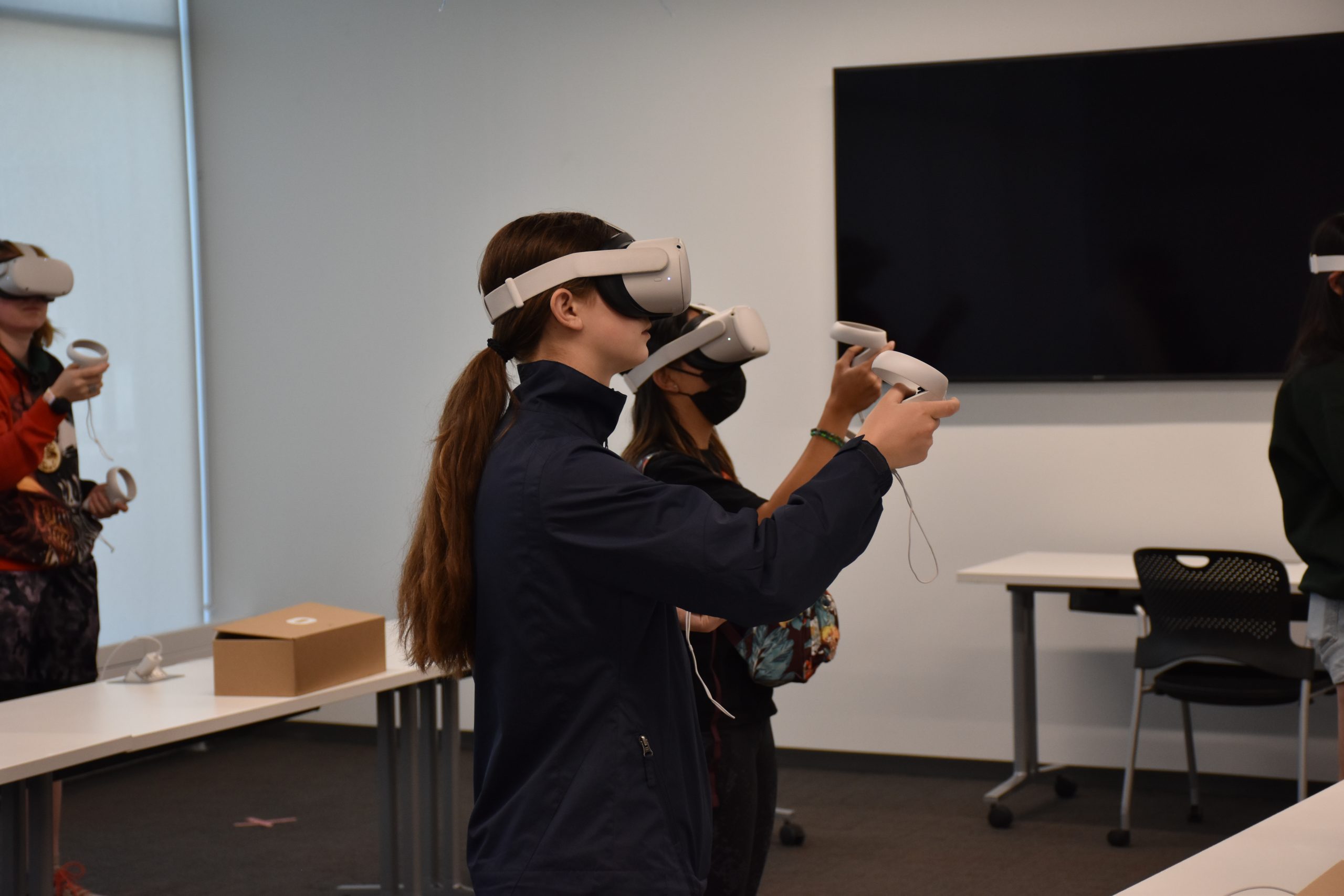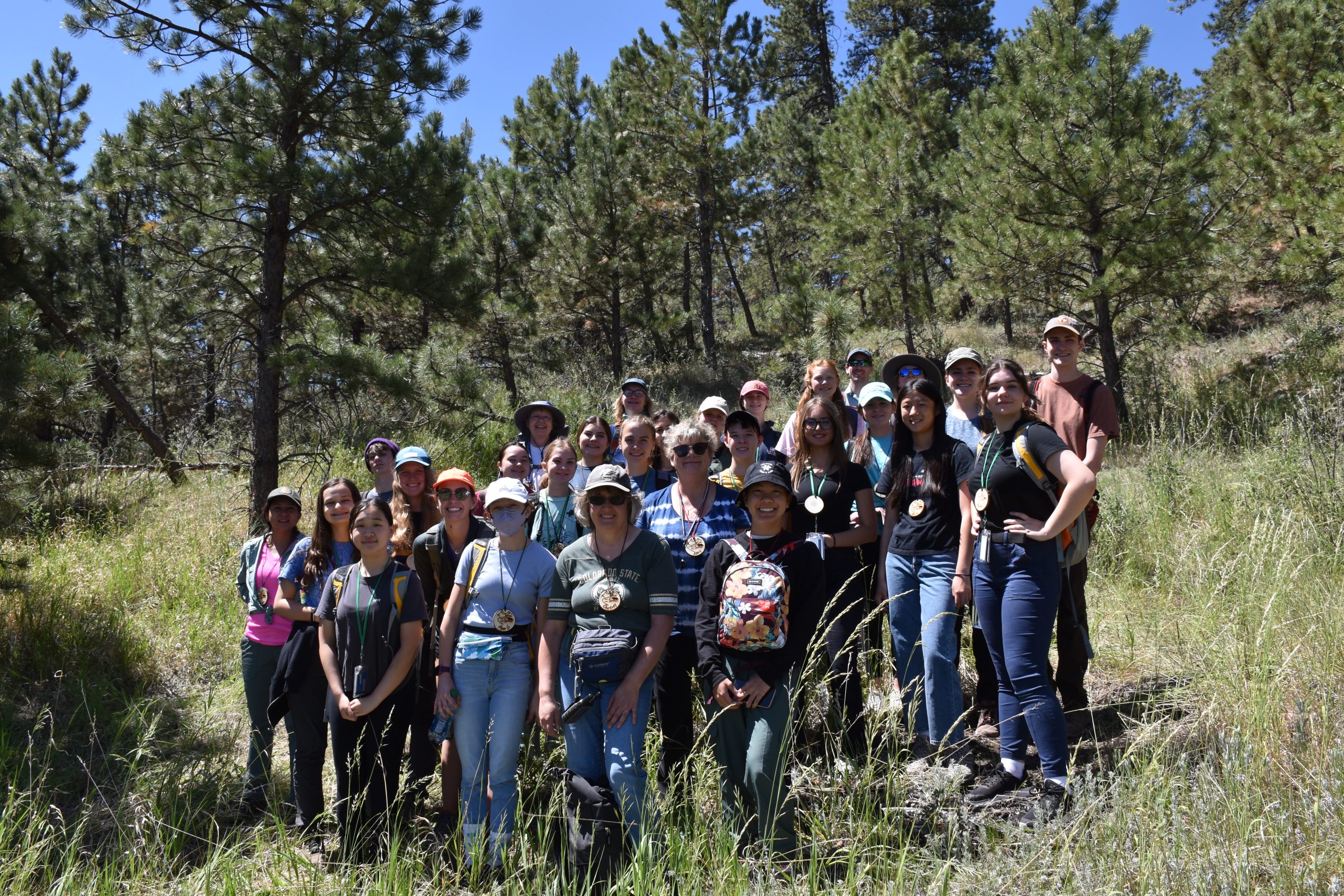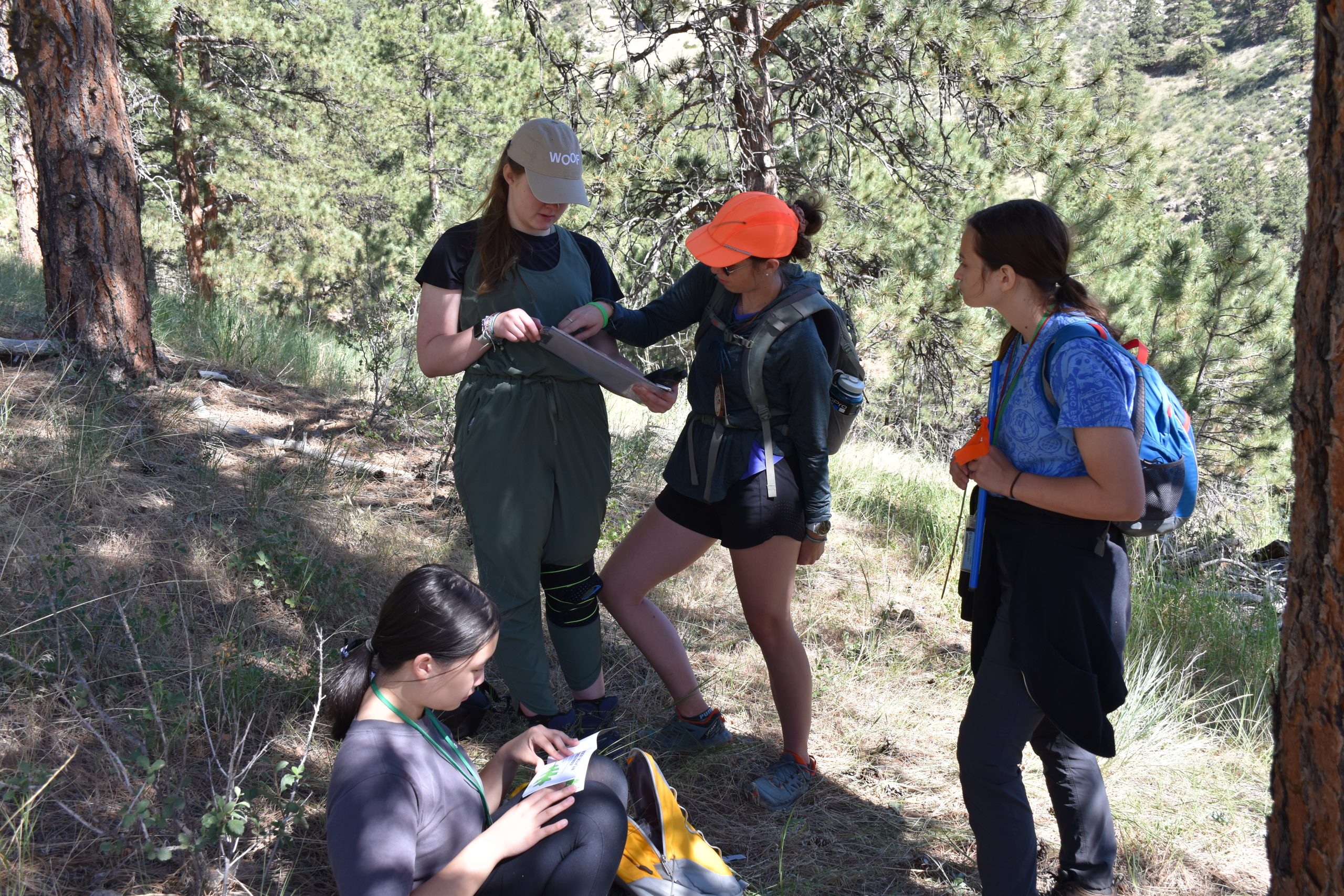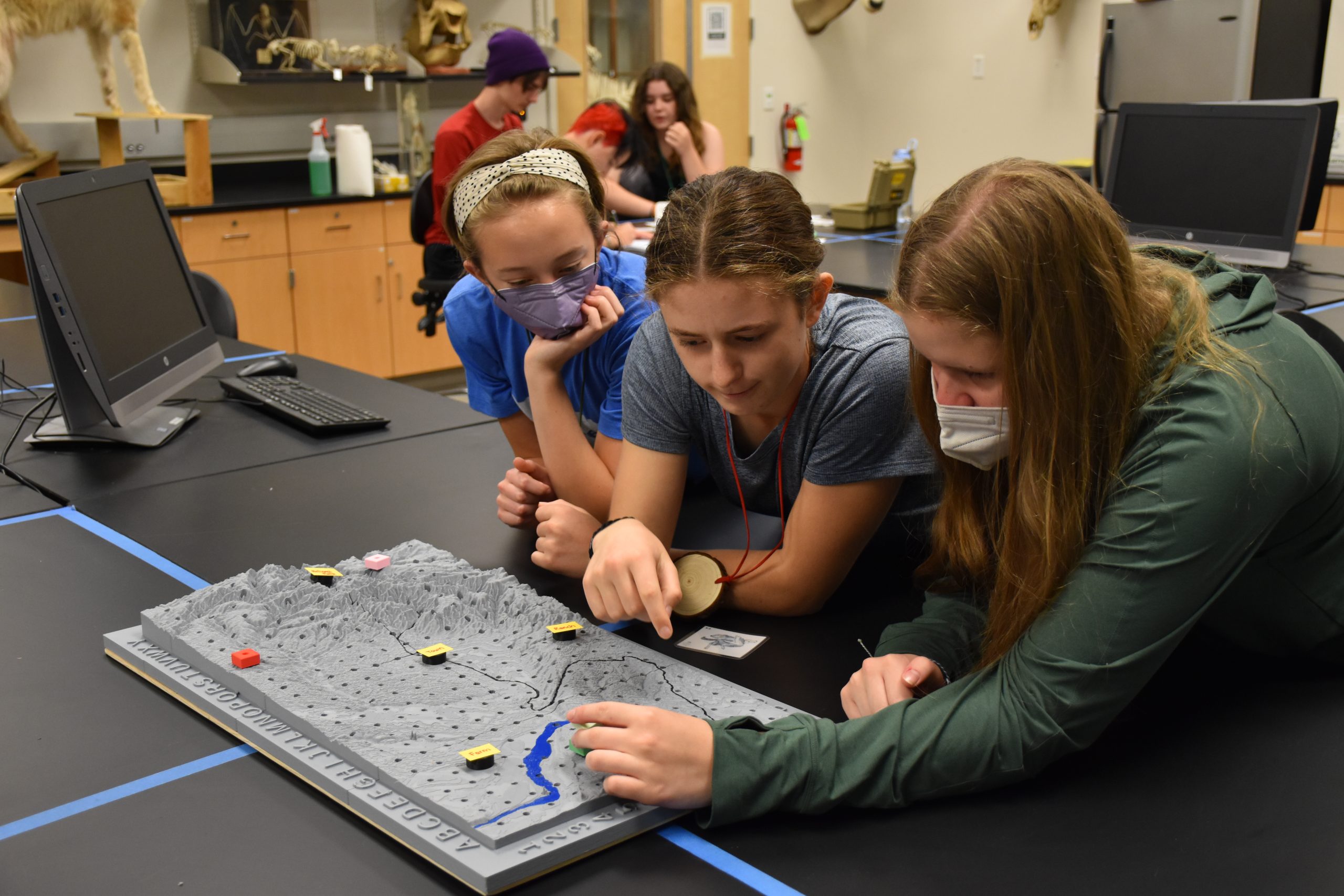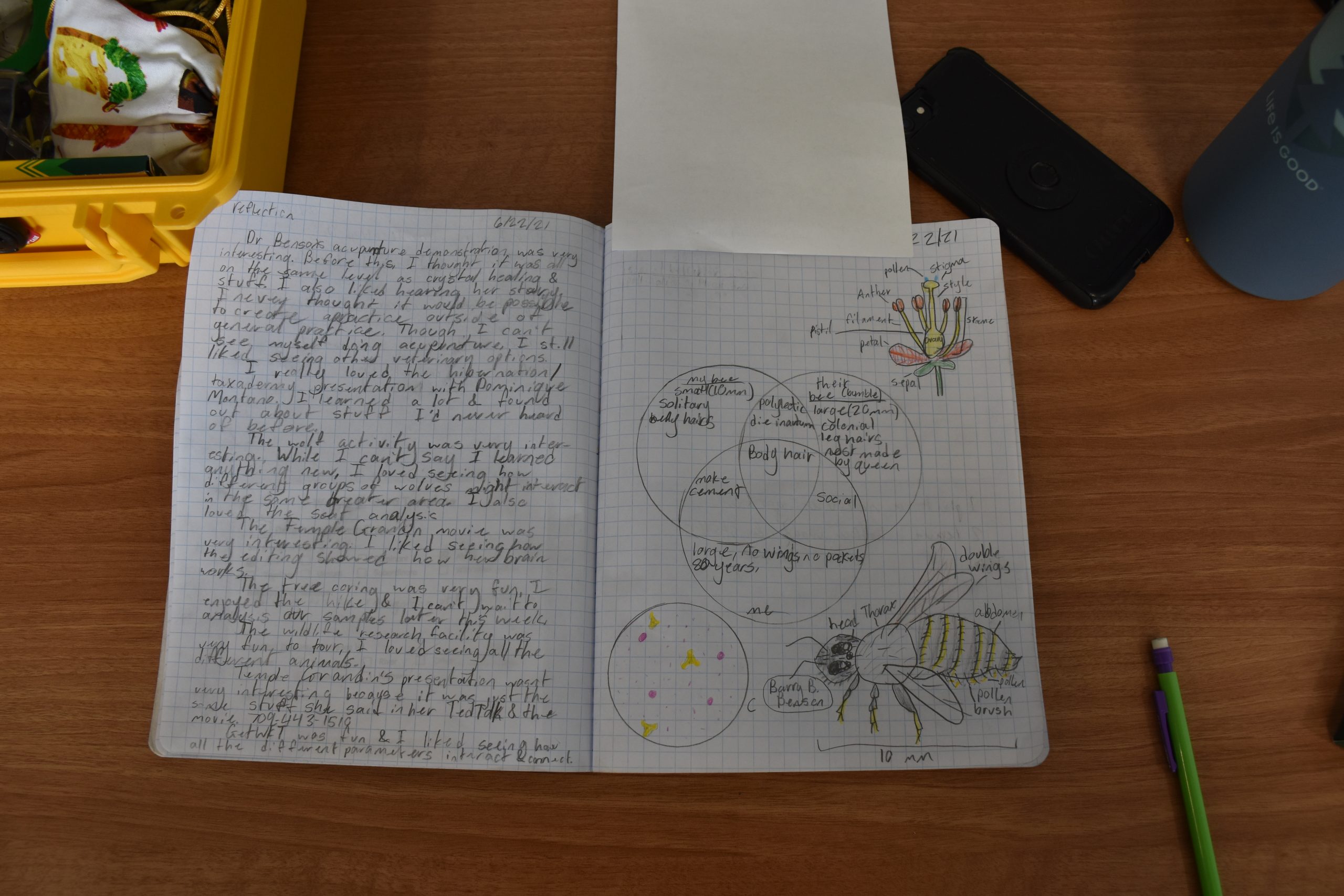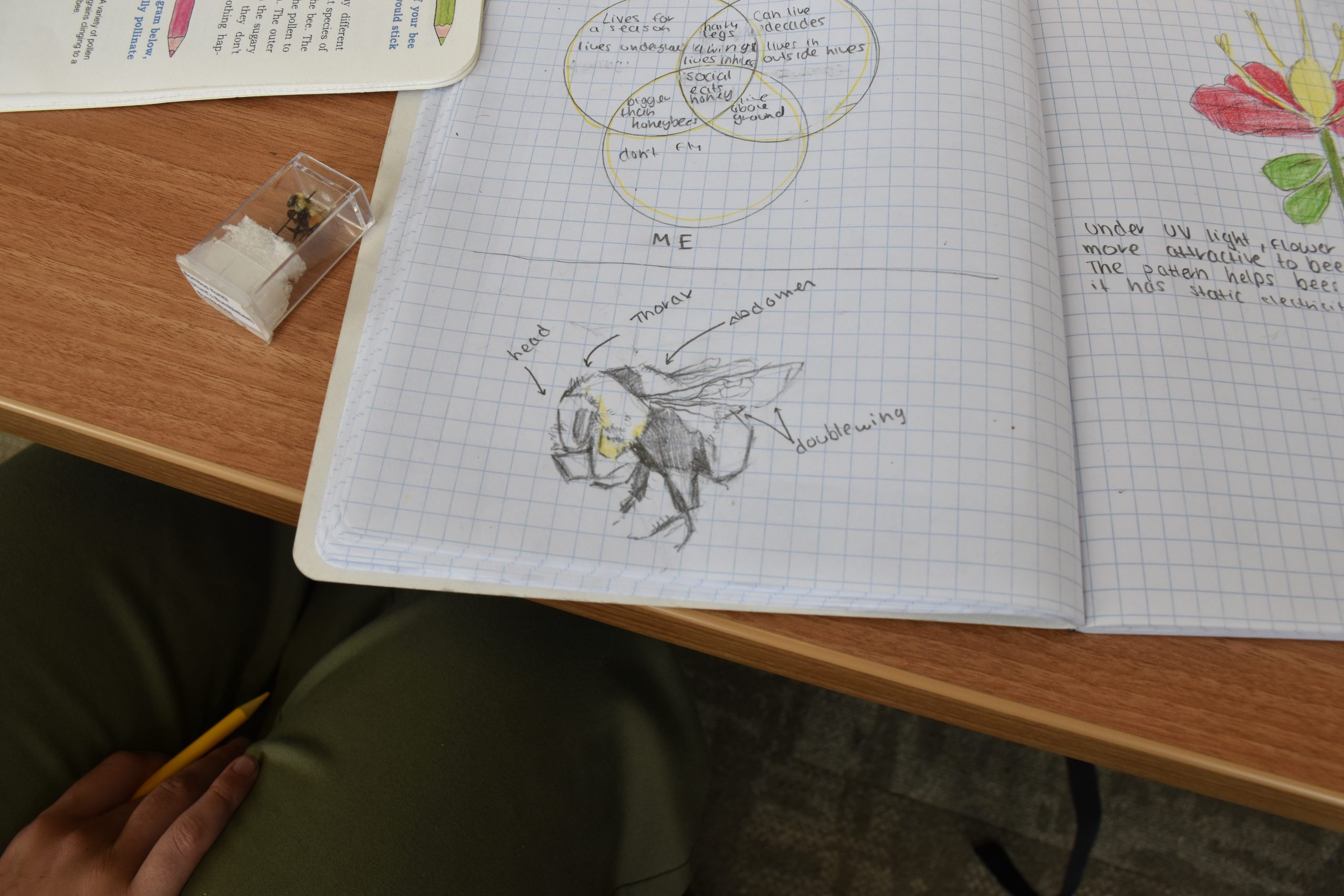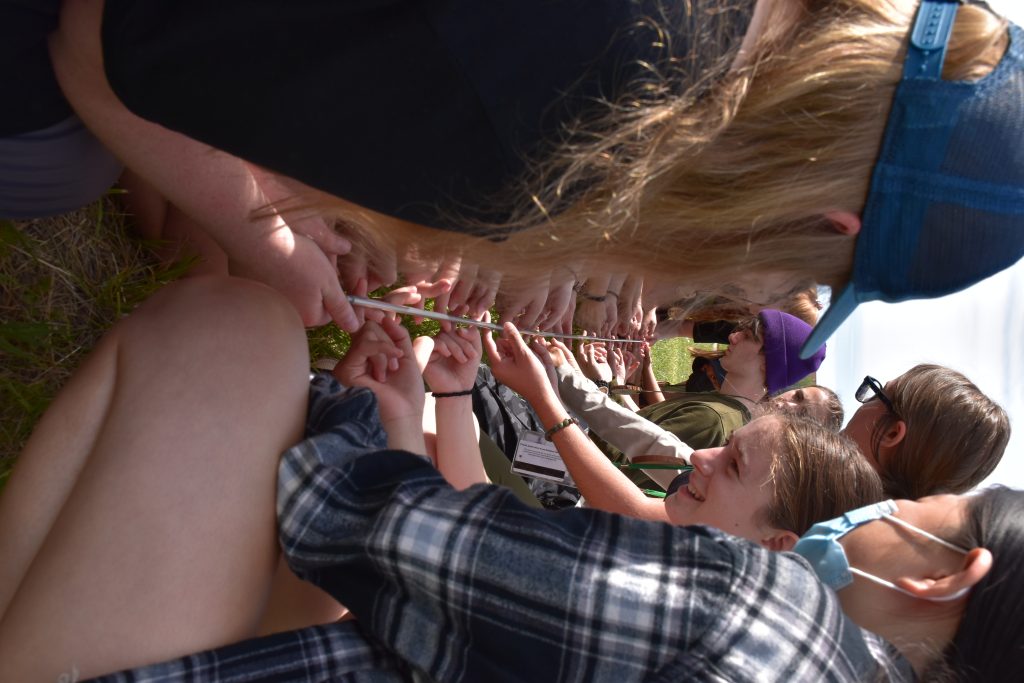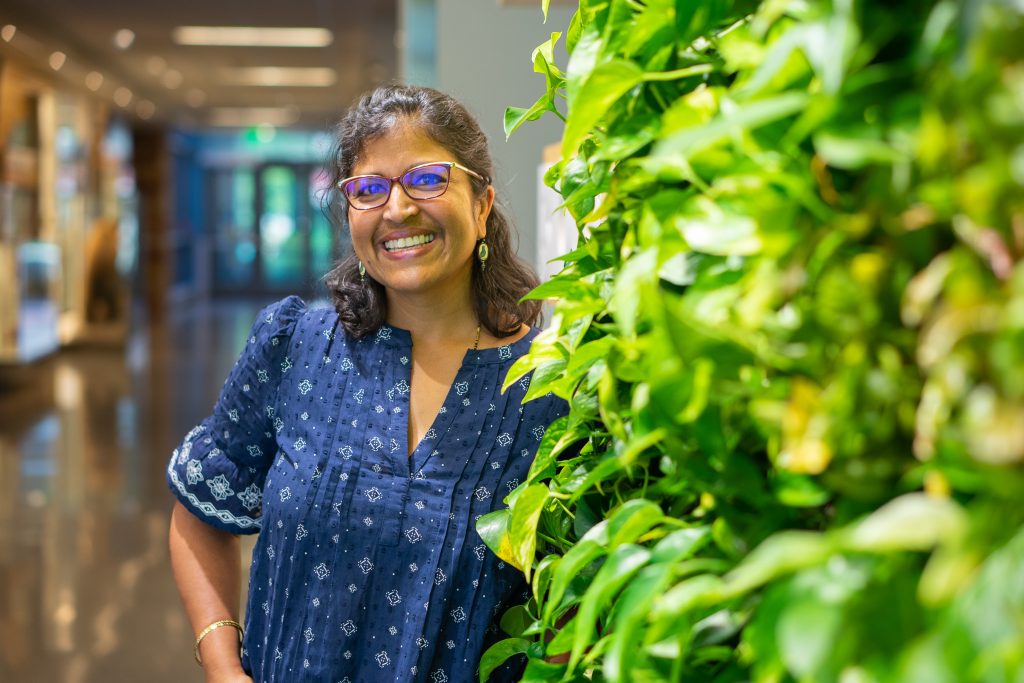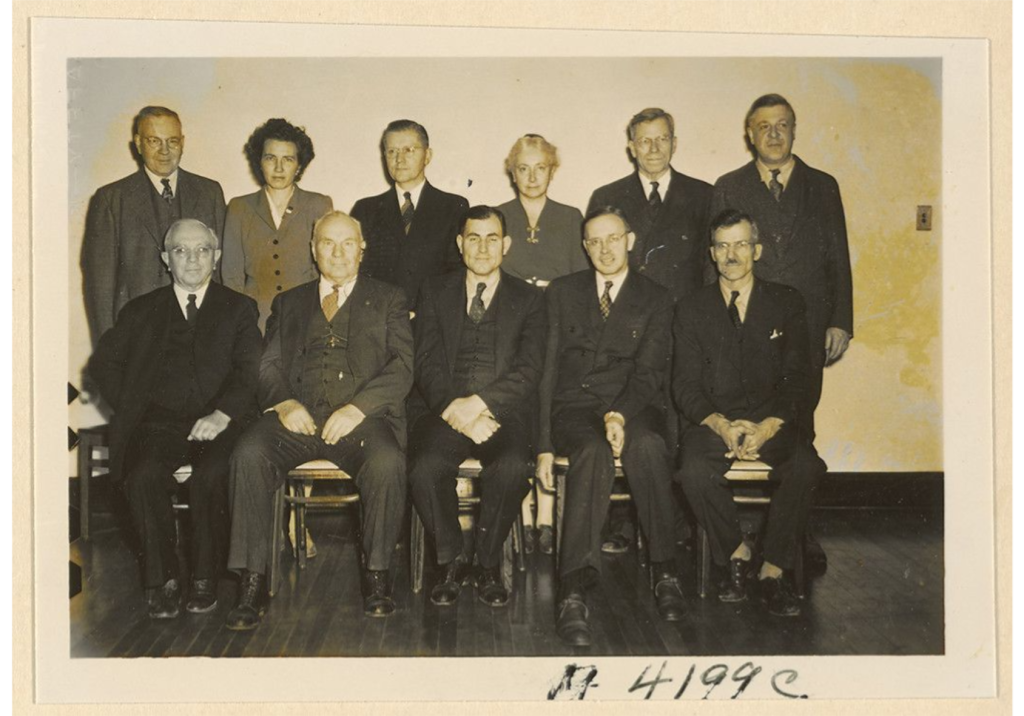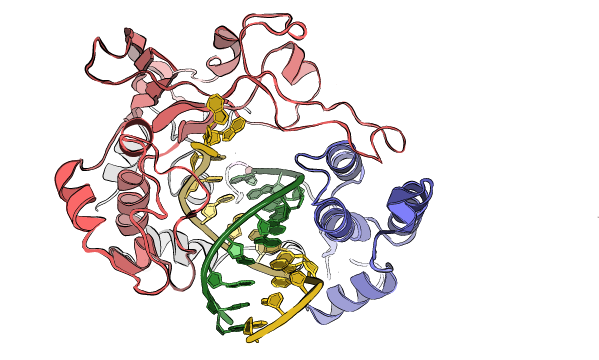Summer experiences with the College of Natural Sciences
The College of Natural Sciences’ myriad of summer experiences help prepare middle and high school students for a career in STEM.
SciVet Summer Camp through the Education and Outreach Center
While most students leave Colorado State University over the summer, there is still a cheerful buzz of activity on campus during the hotter months, thanks in part to the College of Natural Sciences’ myriad of summer experiences serving future scientists, from k-12 to college.
Participants in the SciVet Summer Camp, taught by the Natural Sciences Education and Outreach Center, explored scientific and veterinary practices firsthand.
“Half of the educational content of this camp is devoted to veterinary medicine and the other half is designed to showcase alternative career paths within the natural sciences,” said Courtney Butler, assistant director and lead coordinator of the camp. “We like to get the students asking questions and doing research, not just hearing about it through lectures.”
Students grades 10-12 participated in authentic scientific research, including dendrochronology at Lory State Park, water quality and quantity analyses at the GetWET facility, and native bee citizen science at the Gardens on Spring Creek.
They also toured the Department of Biology’s vertebrate specimen collection, used the Natural Sciences Education and Outreach Center’s newest STEM kit on wolves, visited the National Wildlife Research Center and had the chance to learn from Temple Grandin, a renowned professor of animal science at CSU, in person.
At the new Vida building at CSU Spur, they watched live animal surgeries, learned about the immune system using the Going Viral STEM Kit and explored 3D scans of internal organs with VR headsets.
The camp coordinators wanted to be sure the camp encompassed a large variety of research and scientific experiences to broaden students’ horizons. In this area specifically, the camp was a huge success.
“I think the most surprising thing was how many different options there are for working with animals,” said a SciVet Camp participant. “My mind was set on equine vet but then I learned about all the different zoologists, wildlife vets, vet assistants and even building equipment for vets. I learned about the possibilities with vet careers.”
Other students appreciated the friendly atmosphere and community. “I had a great time,” another camp participant said. “I made more friends this week than I have basically my whole life. I learned so much and had so much fun. Thank you for letting me take this camp!”
Summer Research Experience for Undergraduates in Molecular Biosciences
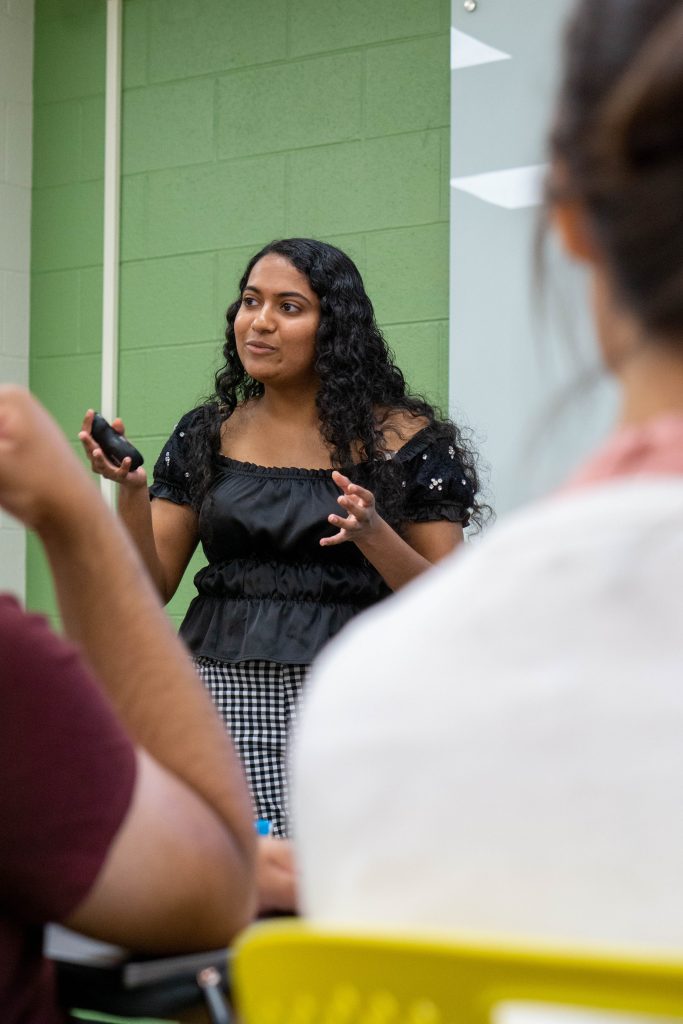
The Summer Research Experience for Undergraduates in Molecular Biosciences, hosted by the Department of Biochemistry and Molecular Biology, gives two- and four-year college-level undergraduates from underrepresented groups a range of research and professional development opportunities, and fun experiences over ten weeks
The popular program receives 50 applications for each of their ten available spots. Chosen students typically come from higher education institutions with limited research opportunities.
“We hope to instill in the students a love for science and self-efficacy as scientists,” said Paul Laybourn, who has been running the program for 23 years. “We also endeavor to provide science communication skills, training in networking, ethics, teamwork and working through many issues faced by first generation and minority scientists with imposter syndrome, stereotype threat and inequity in the system.
The intellectual focus of the program facilitates formulating hypothesis, analyzing results and effectively communicating them.
Arsha Moorthy, a rising junior at Mercer University in Georgia, is working on aging research with Karyn Hamilton, a professor in the College of Health and Human Sciences, and Julie Moreno, an assistant professor in the College of Veterinary Medicine and Biomedical Sciences, studying neurodegeneration and musculoskeletal decline to eventually create a viable model for aging.
The program, which has been continuously funded by the National Science Foundation since 1992, also allows students to experience hands-on, graduate-level laboratory work, which can help them determine if continuing education or lab-based sciences are right for them. “I’m in this program to gauge whether or not I want to act on my interest in research,” said Moorthy. “I have really liked it so far, and as time goes on, I feel more inclined to do medicine to see how research directly affects the lives of others, rather than pursue a career as a full-time researcher. I’ve learned of so many gaps in the medical field, especially with models for aging, and have gained an interest in researching the field of optic nerve degeneration in the future as a physician. My principal investigators have both been amazing and have taken the time to get to know me and assess my needs and my project. I just love the atmosphere here at CSU!”
Other summer experiences in the College of Natural Sciences include:
- Department of Biology specimen lab tours
- Math Action in Computer Science Camp
- SWiFT: Summer Computer Science STEM Program
- Girls Get Math @ CSU Camp
- CSU Cyber Camp: Crypto for Fun and Security

